Cobra Kai is the best TV show on Netflix right now. (Go on. Fight me.) It is smart. It is fun. It has just the right amount of cheese. And it doesn’t purport to be anything other than a piece of cleverly reconstituted nostalgia. This is fan fiction at its best.
It is also a masterclass on how to revive and reinvigorate a franchise, appease existing fans, while successfully bringing it to a whole new audience as well. Which, God knows, isn’t easy. (See: The Rise of Skywalker, Murphy Brown, BH90210, Fuller House, the list goes on and on.)
Here are 5 reasons why Cobra Kai has succeeded where others have failed.
There are minor spoilers here for all three seasons of Cobra Kai.
1. Cobra Kai Subverts Expectations
The 1980s were a much simpler time. The good guys were good and the bad guys were bad. When Daniel-san kicks Johnny Lawrence in the face at the end of The Karate Kid, we punched the air and cheered knowing that the bully got the comeuppance he so rightly deserved.
But what if we were wrong? What if we only saw one side of the story?
This is how Cobra Kai sets itself apart. By shifting the focus of the story to Lawrence and showing us his point of view, the series forces us to reconsider everything we thought we knew about The Karate Kid.
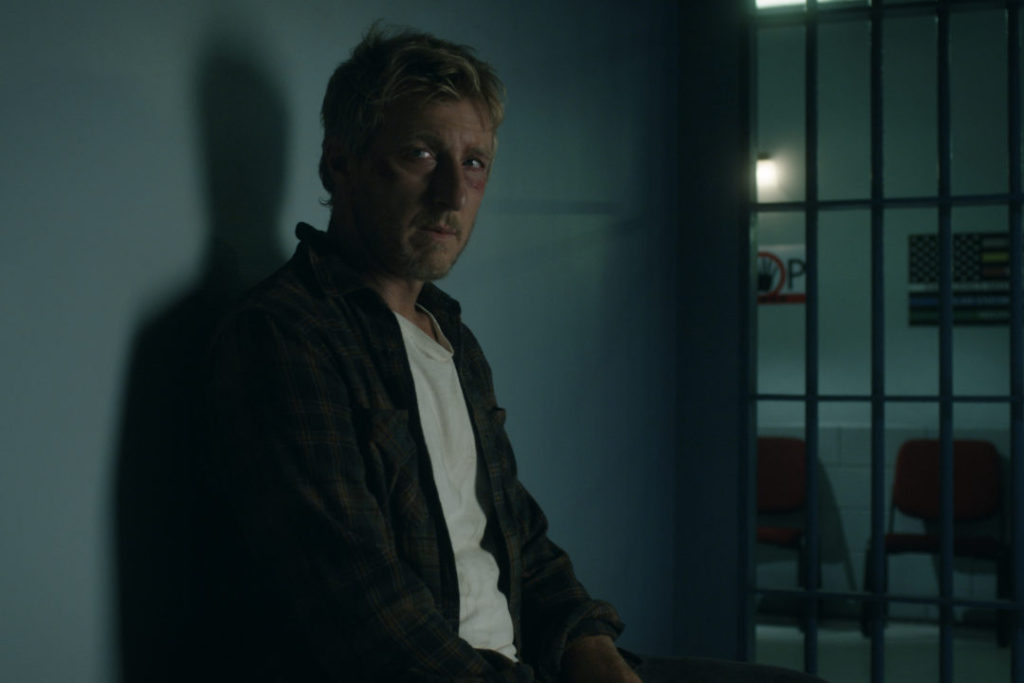
Sure, the Cobra Kai dojo was a little bit evil, but Johnny Lawrence was just this poor little rich kid, trying to make his way through high school and win back his girlfriend, when this punk from New Jersey shows up and sucker punches him on the beach.
By shifting the perspective and reversing the roles, by making the bullied become the bullies and vice versa, Cobra Kai creates a compelling melodrama that leaves us truly conflicted about who to root for.
2. Characters Grow and Change in Cobra Kai
Everybody’s got a sob story. Doesn’t give you the right to be a bully.
Samantha LaRusso
The long road of redemption for Johnny Lawrence and the painful reexamination of the life of Daniel LaRusso provide some excellent fodder for drama and conflict. It also gives us a lot to ponder.
Cobra Kai has a lot of clever things to say about growing up and growing old. It asks if people can really change and what it would take for such change to happen. It takes on issues of bullying in a very real and meaningful way, foregoing empty platitudes for action oriented character development. But most of all, it gives us characters that genuinely evolve over the course of every season.
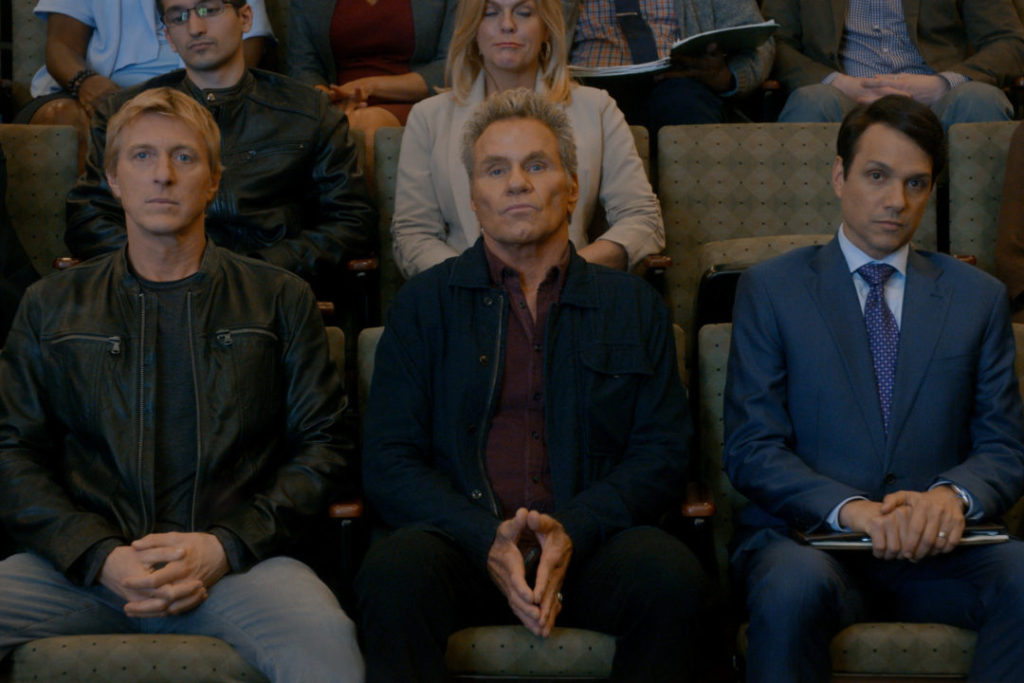
From the way they’ve rebuilt Johnny and Daniel’s relationship, to Robbie’s heartbreaking breakdown, to Eli’s journey from being powerless, to ruthless, to finally finding a happy balance, the series doesn’t just revisit and revise these characters, it turns them inside out, and dissects them, and shows you just what makes them tick. Warts and all.
Yes, there are moments of badly engineered plotting (why doesn’t anyone call the police whenever these massive fights break out in public?), but you’re already so invested in these lives that you can’t bring yourself to nitpick.

3. Cobra Kai Isn’t Just More of the Same
The biggest criticism levelled against The Karate Kid Part III was that it was just a rehash of the first two movies. “John Kreese’s Revenge” was a good idea on paper, but having the movie play out with exactly the same story beats as the first made the third instalment come off as nothing more than a pale imitation. (A sentiment shared by director John G. Avildsen!)
Hollywood has a tendency, when creating sequels, to just repurpose and repackage the original and hope no one will notice. People liked it so much the first time, so let’s just give them more of the same, but with a new love interest and an even meaner villain. That’ll work, right? Wrong. It almost never does.
Which is why the most successful sequels are the ones that break the formula. Aliens. The Empire Strikes Back. The Godfather Part II. Captain America: The Winter Soldier.
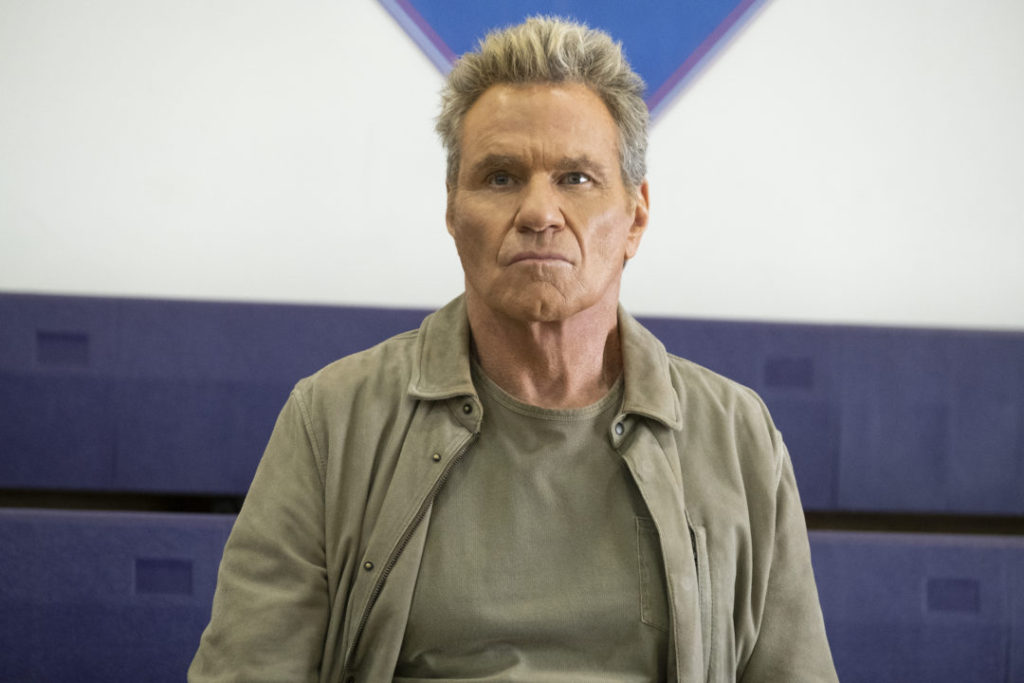
The second and third seasons of Cobra Kai take on the overarching theme of the terribly derivative Part III and delivers it in a way that is poignant and powerful. John Kreese isn’t just a cartoon villain any longer. He is a real person with a history and backstory. In Cobra Kai Kreese is a grounded character with deep wounds that explain (but don’t justify) his behaviour. All of this makes him a lot more relatable and far more terrifying.
Cobra Kai entices you with something familiar, it leads you into the narrative with a beat that is recognisable, before completely pulling the carpet from under you.
4. Cobra Kai Knows How to Do Fan Service
Bad fan service is bringing nothing new to the table and choosing instead to fall back on cheap winks and nods. Bad fan service is having Lando Calrissian show up in a Star Wars movie after 35 years and have him do absolutely nothing.
In Cobra Kai, there is a purpose whenever an old franchise character makes a cameo or a comeback. It adds to the narrative and has a lasting impact on every one of the series mainstays.
Take for example the Season 2 episode “Take a Right.” Rob Garrison reprises his role as a dying Tommy, and the road trip that Johnny embarks on with his former crew is used as a cathartic re-evaluation of their youthful indiscretions. Even Ali’s return in Season 3 allows for significant growth on the part of both our protagonists. And everything they’ve done with John Kreese is just magnificent.
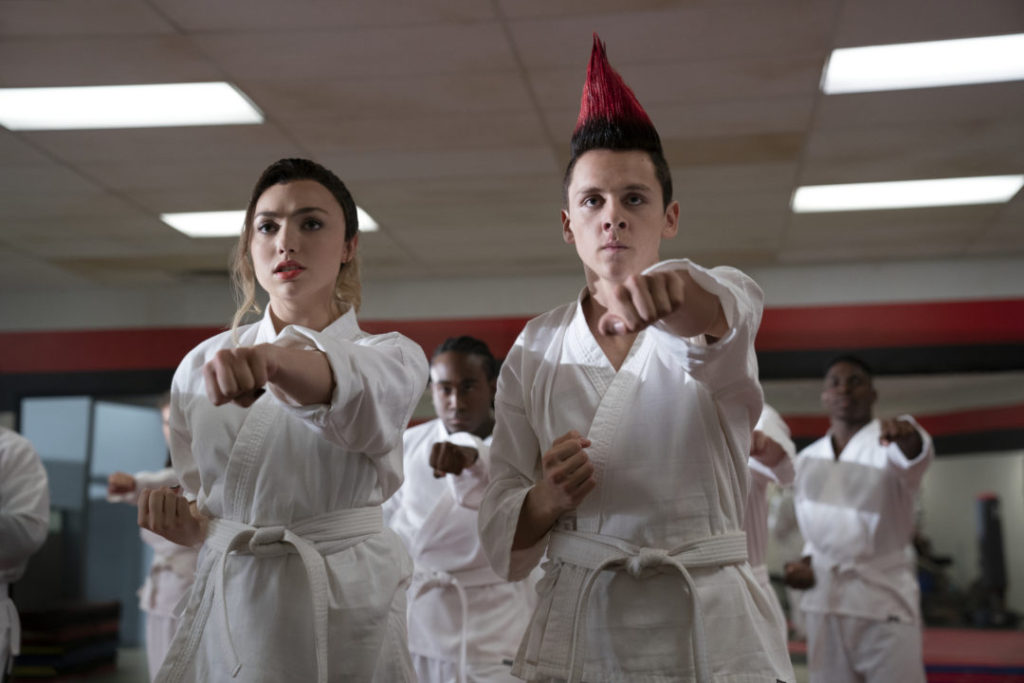
5. Cobra Kai Makes The Karate Kid Movies Better
(Maybe not The Next Karate Kid, but definitely the other three. And no, I’m not including that Jackie Chan/Jaden Smith remake!)
You know how The Mandalorian redeems every bad decision that George Lucas and J.J. Abrams ever made? Well, that’s exactly what Cobra Kai does for The Karate Kid movies.
This series enriches the movies in profound ways. Rewatching them now, knowing how and where these characters end up, completely shifts your understanding of those movies. It adds depth. It provides characters with deeper motivations. It transforms what was a two-dimensional story of good versus bad into a layered meditation on how every one of our choices reverberate throughout our lives.
This is how you pull off a retcon.

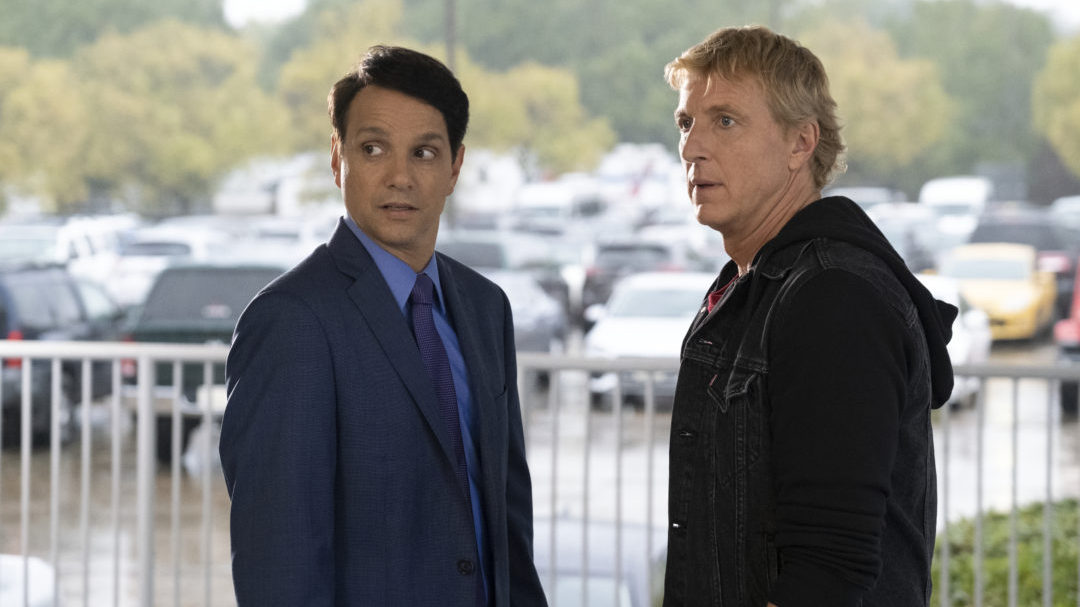


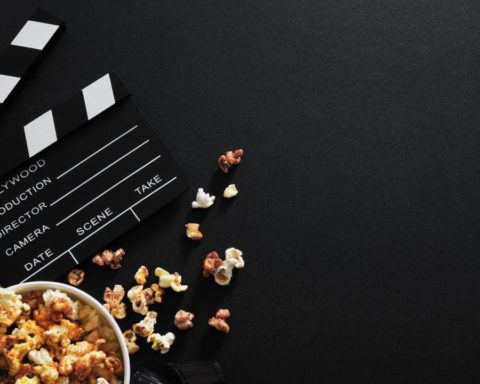
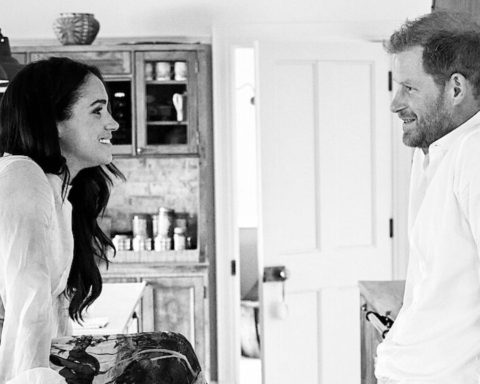
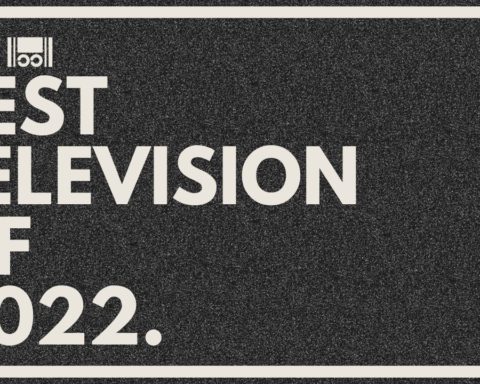
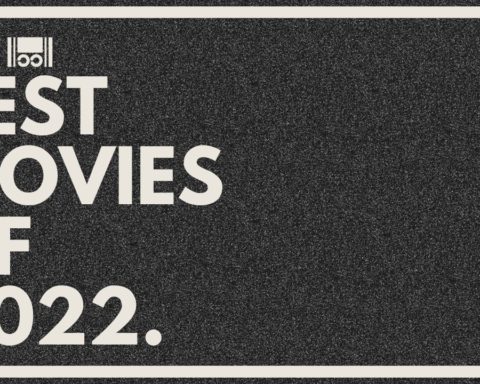
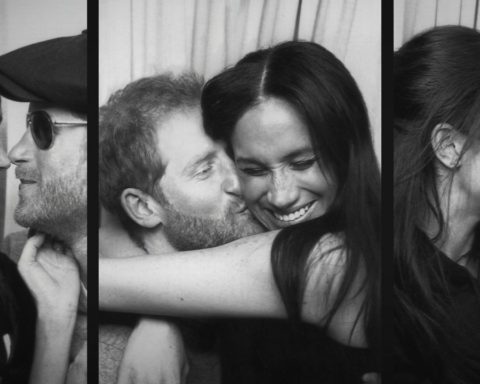
Follow Us